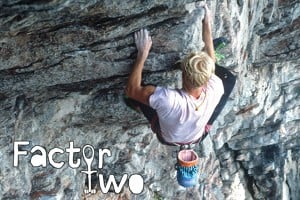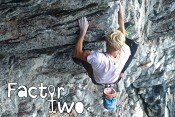We're off to the Alps (Switzerland) with the kids at the weekend and I'm looking for travel insurance, but finding policy wording difficult to understand. Specifically looking at Sportscover Direct, their Group 4 cover includes scrambling to 4500m, glacier crossings up to 1km and rock climbing (multi pitch sport, trad and via ferrata) but excludes mountaineering.
I'm struggling to understand the line between mountaineering (excluded) and the activities which are specifically included. The obvious route to clarity is speaking to Sportscover, but all I can get is 'You need to pick a cover level for the activities you'll be undertaking'.
Can anyone shed any light on this? Practical experience of claims with Sportscover Direct, or experience from within the insurance industry particularly welcome.









